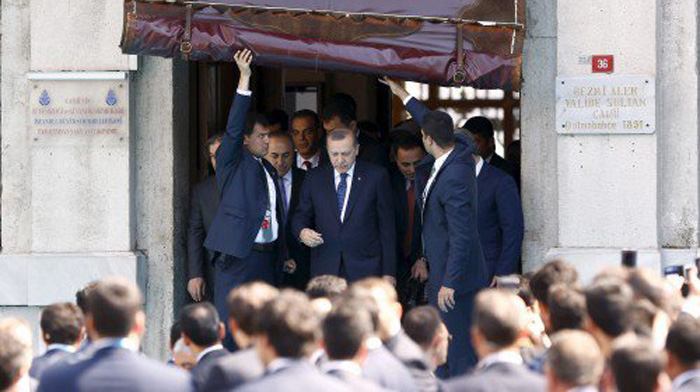Michael Rubin
Just a decade ago, the US State Department downplayed concerns about the direction then-Prime Minister Recep Tayyip Erdoğan was taking Turkey by arguing that fears he had an Islamist agenda were misplaced. Assistant Secretary of State Daniel Fried, for example, described Erdoğan’s ruling Justice and Development Party (AKP) as really no different than a European-style Christian Democratic Party — that is, religious in name only but really respecting traditional notions of laicism and progressivism.
The reality, of course, was quite different. Erdoğan first replaced technocrats in banking and financial bodies with Islamist ideologues and he later turned on academics and university rectors.
After the European Court of Human Rights upheld a decision backing the ban on headscarves in public schools, he complained, “It is wrong that those who have no connection to this field [of religion] make such a decision . . . without consulting Islamic scholars.” In May 2006, Ali Babacan, Erdoğan’s chief negotiator for European Union accession talks ordered officials to remove a reference to maintaining secularism from a position paper describing Turkey’s educational system. For his efforts, Erdoğan promoted him first to foreign minister and then to be his deputy prime minister. (Today, he is in line to become Erdoğan’s Medvedev once Erdoğan tires of Ahmet Davutoğlu). In 2014, Erdoğan ended all debate when he declared it his goal “to raise a religious generation.”
Now it seems that Erdoğan is going one step further. He has made no secret of his desire to redraft a constitution, one that creates a strong presidency to legalize the powers he has already assumed. That constitution, yet to be drafted, is nonetheless beginning to take shape in leaks and comments. The speaker of the parliament has declared that secularism shouldn’t be part of the new constitution, effectively reversing the primary reform implemented by Mustafa Kemal Atatürk, founder of modern Turkey. “As a Muslim country, why should we be in a situation where we are retreating from religion? We are a Muslim country. So we must have a religious constitution,” İsmail Kahraman said, never mind that a separation of mosque and state protects rather than represses religion by shielding it from corruption or making it a tool to deflect accountability.
Once upon a time, Turkey aspired to be a democracy, and a model bridge between East and West. With the rise of Erdoğan, some misguided American officials suggested Turkey was simply becoming an “Islamic democracy.” Erdoğan has embraced the Islamic part, but long ago dispensed with democracy. It might have sounded bombastic even a year ago, but as the new constitution takes shape, perhaps it is time to consider whether Turkey, in its second century, will be an Islamic Republic.







Comments